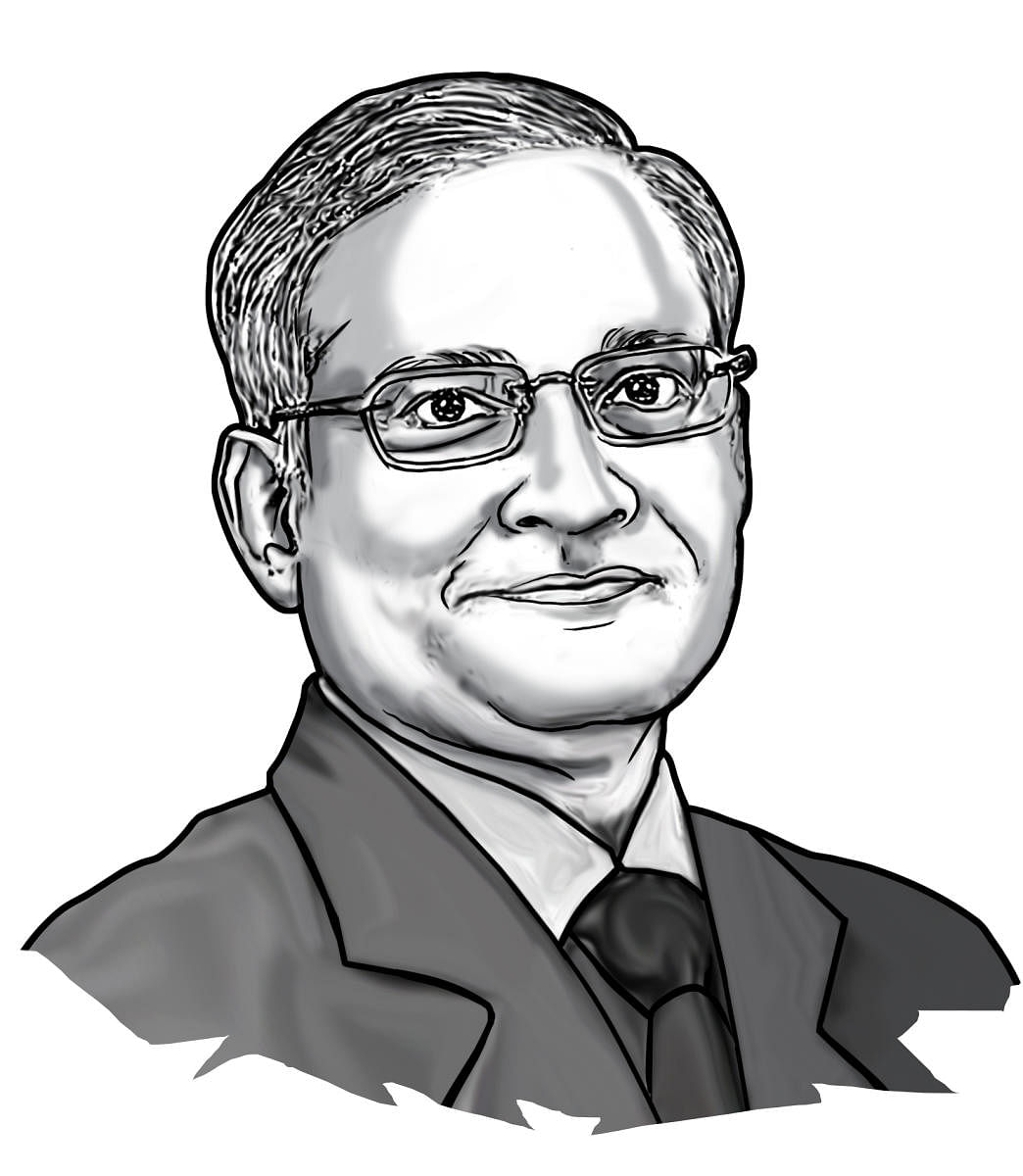
After the aggressive moves abroad, the Chinese Communist Party (CCP) leadership is turning on its own people, with regulatory restrictions on domestic entrepreneurs, especially those in ed-tech, fin-tech, food delivery firms like Meituan and ride-hailing firms like Didi Chuxing. President Xi Jinping’s “new era” is thus jettisoning the “get rich quick” slogan of the Deng Xiaoping era, practised well by Jiang Zemin, and reflects the intensifying factional struggle in the party in the run-up to the 20th CCP Congress in late 2022.
In January this year, regulators suspended the $34 billion IPO of Alibaba’s Ant Group. Its head, Jack Ma, had critiqued the country’s outdated banking system last year, which led not only to Vice President Wang Qishan’s retort but to systematic curbs on fin-tech companies. The fact that Jiang Zemin’s son Jiang Zhicheng held shares in Ant Group points to the intensifying factional struggles. Xi had earlier silenced rivals through his ‘anti-corruption’ drive. Now, he is using regulatory mechanisms to the same effect.
In April, China fined Alibaba $2.8 billion on charges of monopoly, affecting business confidence in the $700-billion e-commerce platform, causing its shares to fall. Other major firms into fin-tech, such as Tencent and Meituan, too, faced the CCP’s wrath.
China’s squelching of ed-tech firms like Gaotu Techedu, New Oriental Education & Technology Group, TAL Education Group and others with a July 24 fiat has drained out over $100 billion in market value. Restrictions were placed on tutoring hours during weekends and vacations. And it was done as a people-friendly move -- the central committee of the CCP argued that this was to reduce the cost of children’s education for parents. This has been linked to the May 31 revisions in the country’s one-child policy to encourage couples to have three children as a measure to counter the ageing of the society. The real reason, however, is to tightly control the ideological State apparatus and delink it from global influences.
Yet another victim of the clampdowns is Didi Chuxing, the ride-hailing platform which had a market valuation of over $70 billion and a commuter-base of 500 million people, or 90% of the market share. The Cyberspace Administration of China ordered Didi to remove its apps from domestic online stores, accusing it of sharing data with the US.
With these ‘pre-emptive strikes’, the CCP sent out a firm message of political control as private enterprises were turning economic clout into political influence. The CCP began to admit capitalists into its ranks in the 1990s under Jiang Zemin, but all enterprises that employ more than seven people have to have a CCP committee. Also, most business leaders, like Jack Ma, are party members. Yet, the CCP is nervous of their increasing clout and the party leadership fears that its own influence is waning.
Chinese entrepreneurs are, of course, no strangers to such restrictions on private enterprise. Indeed, the last seven decades have been a saga of the CCP’s wrath against them, starting with the 1951 “three and five anti campaigns” to break the self-confidence of entrepreneurs; the mid-1960s saw a political campaign to counter “capitalist restoration.” Deng Xiaoping was accused of being a “capitalist roader” and thrown out of the party three times before he was politically restored.
However, unlike in the past, capitalists are today entrenched in the system. In the 1990s, China had no billionaires but had as many as 120,000 millionaires; the economic growth of the 2000s resulted in the emergence of 106 billionaires, with 40 individuals owning $120 billion in assets. 16 “Red Capitalists” are even traced to the central committee of the CCP.
After private property was recognised in the 1982 constitution and further secured in the 1988 and 1993 amendments, it has contributed to over 70% of China’s GDP, which now stands at over $14 trillion.
Yet, the current round of curbs on big private enterprises is more systematic, intense, but politically faction-ridden. While all political factions have links with them, the “Shanghai gang” is obviously the most powerful and ingenious. Though the market value of several companies has now gone down the drain – with over $1 trillion in value wiped out – factional upmanship is more important in the run-up to the party congress in October 2022.
The current restrictions will, of course, impact the economy and take a toll on millions. Innovation and creativity in Chinese society is expected to be hit hard, as also business sentiments. Foreign investors are likely to choose to stay away from the current unpredictable and vindictive political environment in China. New Delhi must know exactly what to do in this situation to beef up India’s own growth.